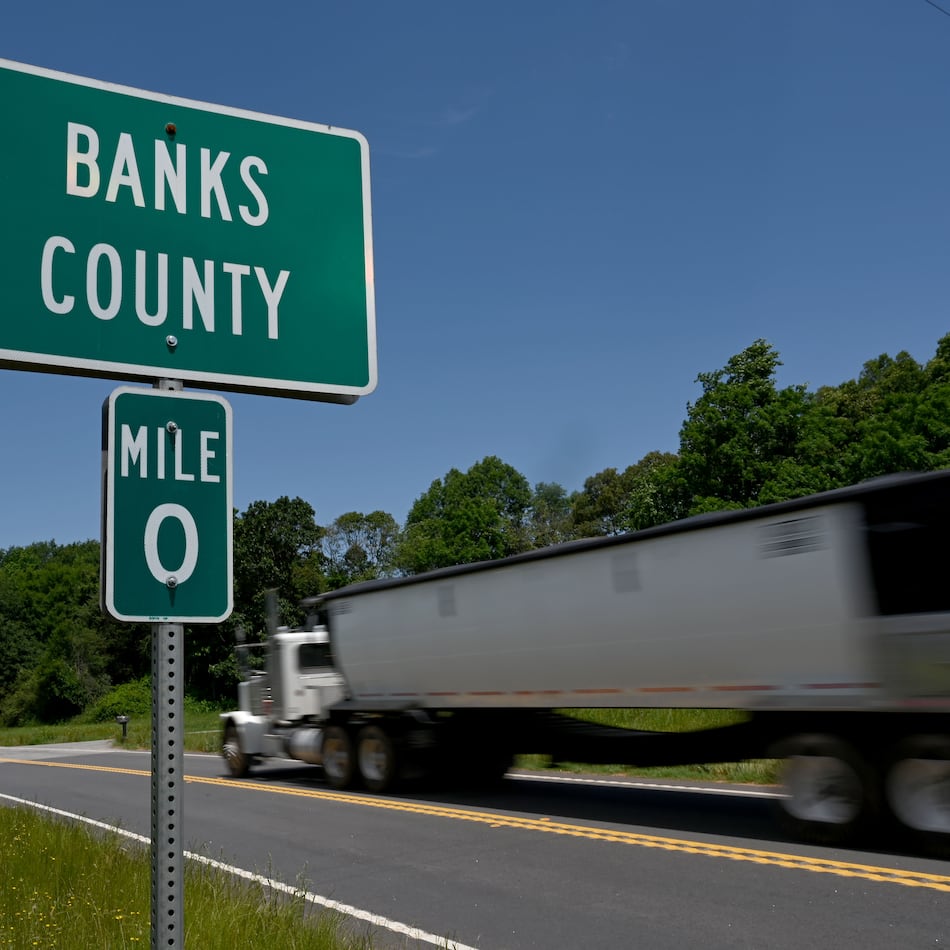Whenever my children come home and complain about not liking a teacher, I trot out a line that a friend used with her two boys: "It doesn't matter if you like your teacher; what matters is your teacher likes you."
That was not advice I followed myself. I never worried much about whether teachers liked me in elementary or middle school. I was what kindly could be characterized as a "pistol" in school and what unkindly could be described as a pest. Flippant and irreverent by nature, I was always piping up from the back of the room —- my favorite location —- with a smart remark.
Easygoing teachers tolerated me and even played along with the jokes now and then. Teachers who believed in "sit up, fold your hands and look straight ahead" rated me a two-Excedrin-a-day student.
It was not until I reached high school that I realized the wisdom of developing teachers as allies. In my Catholic school, teachers were gatekeepers to writing for the school newspaper, serving as yearbook editor and running for student council. A "no" vote from a teacher could keep you out of office even if duly elected by students. There was no Supreme Court to which to appeal the decision, either, not with nuns who answered to the Supreme Being Himself.
So I straightened up a bit, toned down the quips and made a few friends on the faculty. (Miss Meri, the charm teacher, was not among them. After she told us that a woman without lipstick was like a "half-baked pie," I muttered something about the pie not being the only thing half-baked.)
While always helpful, a supportive teacher becomes a godsend in the senior year of high school, when students need recommendations for colleges, scholarships and summer internships. And they often need them in 15 minutes.
One mom described a frustrating discussion with her son over which teacher to approach to request a college recommendation that was due the next day:
"How about your science teacher?"
"She hates me."
"OK, how about your algebra teacher. You did well in that class."
"Yes, but she really didn't like me."
Finally, the mom asked her son if any of his teachers liked him. He thought for a minute.
"The teachers who like me best are the ones who haven't had me in class."
(Of course, there's the question of whether such recommendations are even worth the writer's cramp that teachers incur producing them. A 2004 survey of colleges by the National Association for College Admission Counseling found that only 18.1 percent gave considerable importance to such recommendations; 12.5 percent ranked them of no importance.)
Recommendations aside, students benefit greatly when a teacher decides to invest a little extra time and effort into them. A teacher can help a lost student navigate the maze of middle school, urging a would-be writer toward a school literary magazine or a budding artist to a graphic design contest. A boy who never considered the marching band is suddenly wearing a uniform and carrying a snare drum after the music teacher compliments his playing.
I often hear complaints from students about how teachers have clear favorites, evidenced by the fact that all the kids agree who that favorite is. It's the student who always get picked for the awards and always gets the narrator's role in the class plays. I point out that the teacher probably favors Janie or Kevin because they're responsive and engaged students. Like the rest of us, teachers are drawn to people who are likeable and who like them.
But it's hard when your child doesn't connect with teachers at all. I have a friend who prays for the day her son comes home and announces that he loves his teacher. Her son is bright but withdrawn and pensive, and teachers sometimes mistake his reticence as sullenness.
"He is just not a sunny kid," says his mother, "and that hurts him in a class full of gregarious types."
It would be nice if every child had a favorite teacher and every child was at least once the teacher's favorite. But it's hard for children to understand that those two concepts are related, that the teacher they respond to with enthusiasm is often the teacher who becomes enthusiastic about them.
About the Author
Keep Reading
The Latest
Featured



